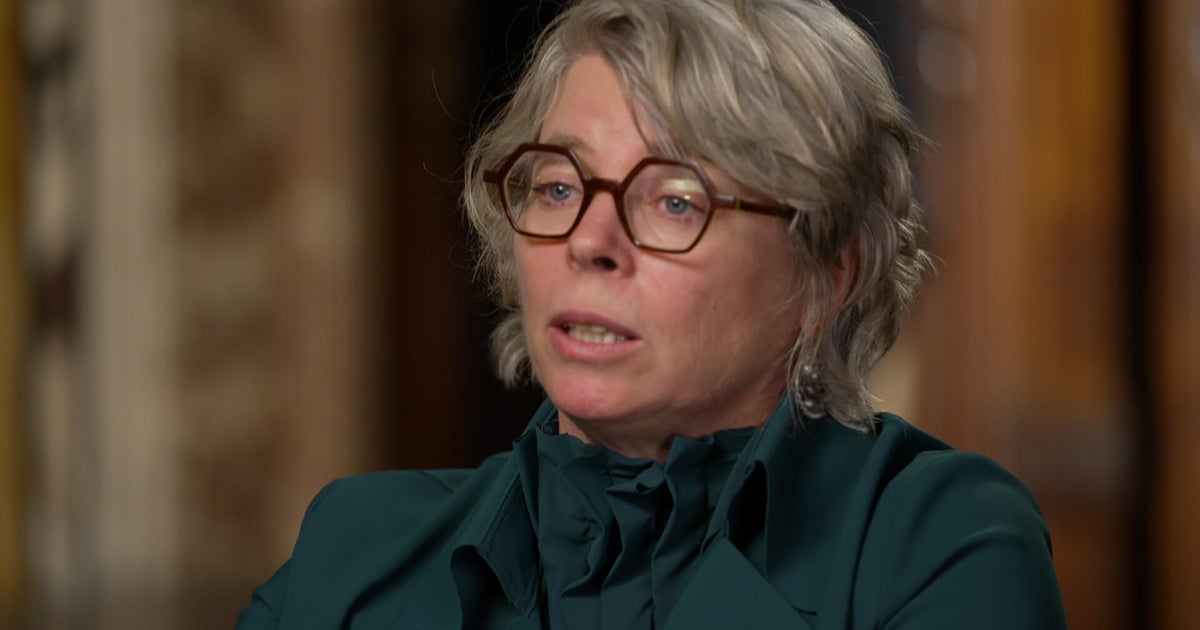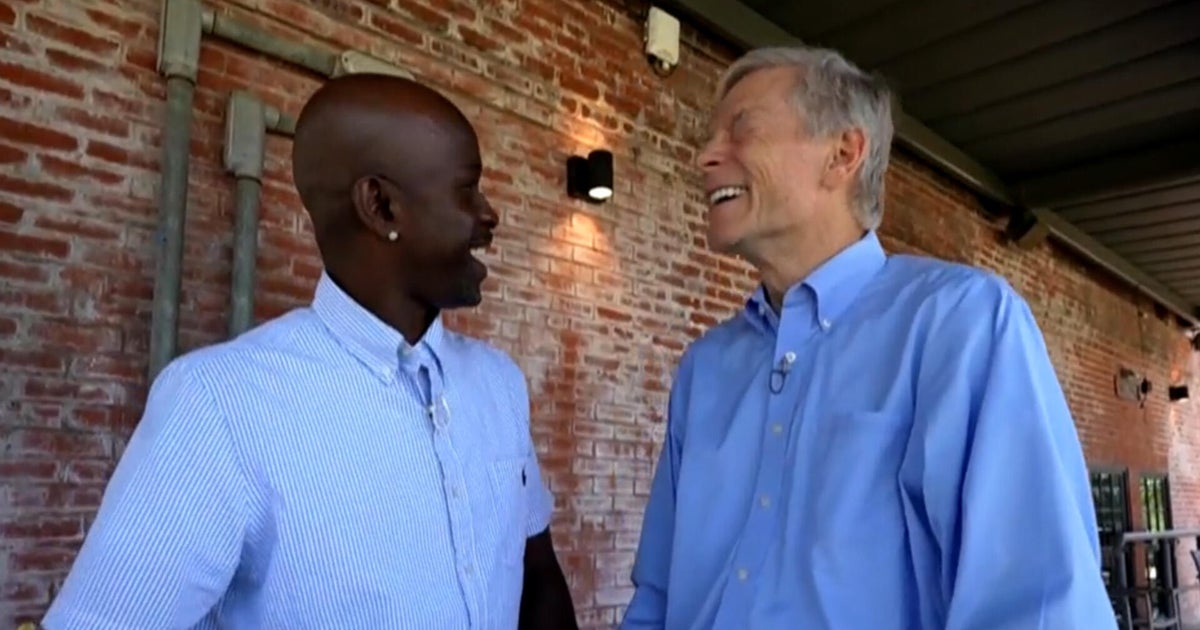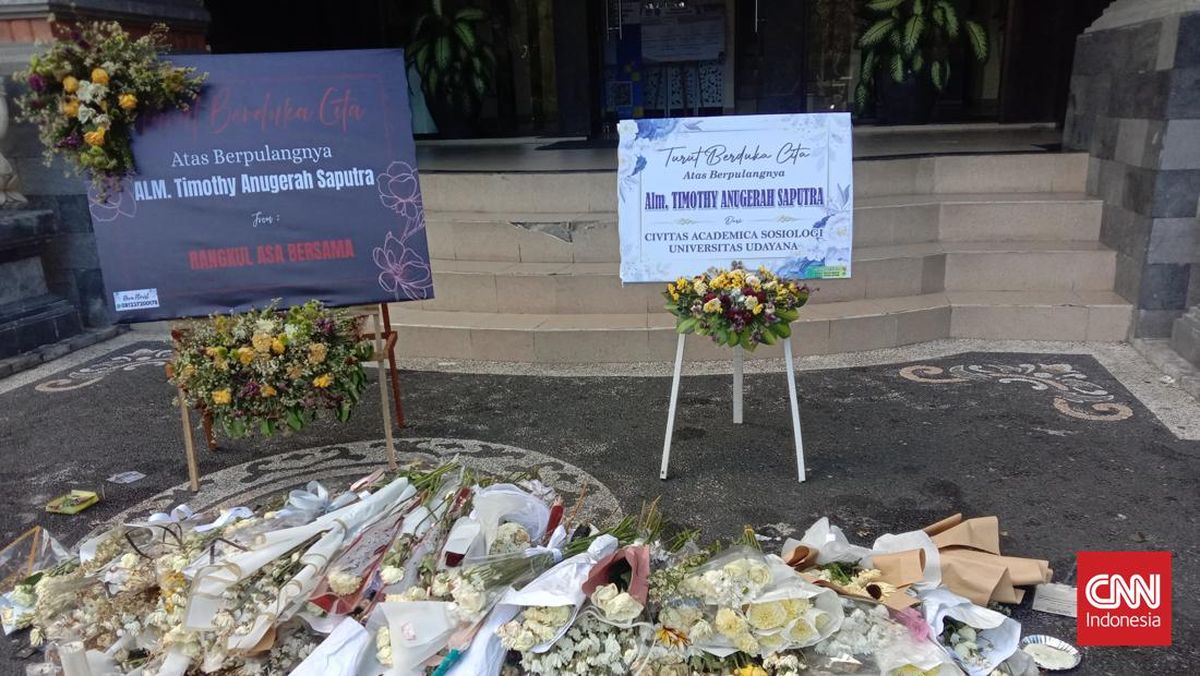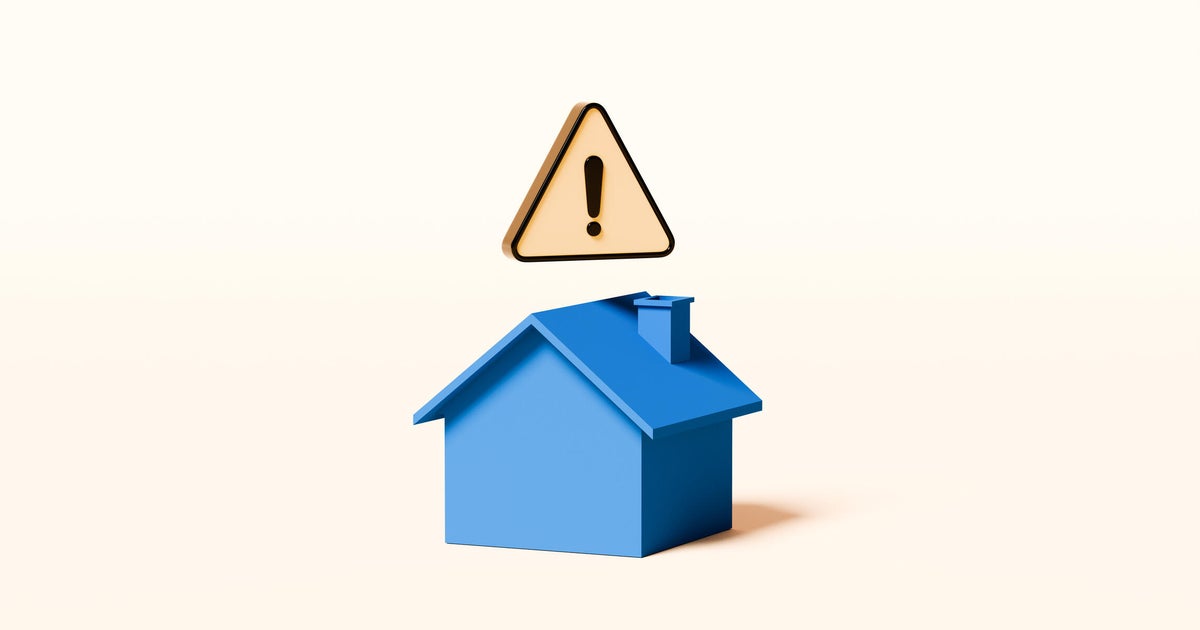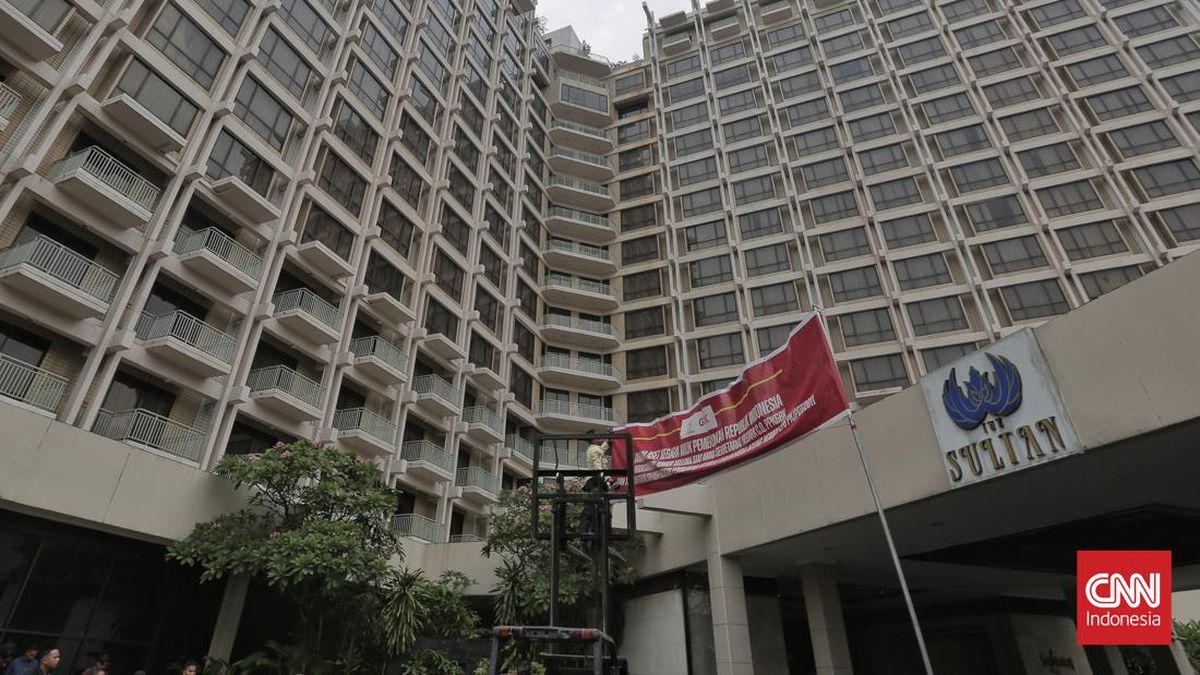Isn’t it time we dumped the idea of menopause as a time of decline? On Forbes magazine’s 100 Most Powerful Women list last year, most of the women nominated were over 50. They included Ursula von der Leyen, 67, president of the European Union; Mexico’s president, Claudia Sheinbaum, 63; Christine Lagarde, 69, who heads the European Central Bank; and Donna Langley, 57, chairwoman of NBC Universal Entertainment and Studios.
At 64, Sanae Takaichi has just become Japan’s prime minister, and if you review the (long) list of women who’ve won a Nobel Prize for Physics, Chemistry, Medicine or Literature, you’ll see most are over 48, which suggests that female brain power doesn’t take a dive at midlife, even though oestrogen levels drop.

In Japanese, the word for menopause, konenke, means “time of renewal”.Credit: Getty Images
“It’s true that some women will really struggle in perimenopause, and we have to wrap our arms around them – but I also worry that we’re stoking the idea that menopause is a time of decline for everyone,” says Dr Sarah White, chief executive of Jean Hailes for Women’s Health, the not-for-profit organisation that provides health services to women.
“There’s a lot of catastrophising about menopause coming from commercial entities wanting to sell you something. They’re preying on women’s insecurities about ageing and making women think ‘am I being seen as over the hill’ when they still have so much more of their lives to live.”
Tales of menopause on social media are often quite skewed, too, because people tend to share cautionary experiences to help others, and not what’s going right, she says.
“We don’t share ‘I feel liberated from managing contraception and having a period every month – and I can’t wait to wear white pants again’. Yet there are women who feel a sense of release, especially if they’ve had to deal with PMS or migraine around the time of their periods. There’s also evidence that women are generally happier in the years after menopause.”
And if we’re in decline at midlife, how come more of us are working after the age of 55?
“The Australian Industry Group recently reported that participation in the workforce by women over 55 had jumped to 64 per cent in 2025, from 48 per cent two decades ago,” White points out.
Loading
Menopause is very hard on some women, but there’s something outdated about linking it to decline when we’re living longer – and have the knowledge to live better and healthier than in the past. There’s also the good news about 50-something brains – that overall mental functioning is at its peak between the ages of 55 and 60. That’s the finding from new research from the University of Western Australia just published in the journal Intelligence.
“It may help explain why many of the most demanding leadership roles in business, politics and public life are often held by people in their 50s and early 60s,” says associate professor of psychology Gilles Gignac, one of the researchers.
We can also learn something from Japan where the word for menopause, konenke, means “time of renewal”. Like “second spring”, another upbeat term for menopause from Traditional Chinese Medicine, it suggests the beginning of something – not the end.
This also fits with the grandmother hypothesis, an evolutionary theory suggesting menopause is part of nature’s plan to boost survival, adds White.
“Women, wild chimpanzees and some species of whales are the only female mammals that live a long time after they finish reproducing, and the grandmother hypothesis is that menopause frees older females to help keep younger generations safe,” she says.
It’s more than a nice idea. Research has found that killer whale grandmothers, like human grandmas in some hunter-gatherer societies, provide grandchildren with a survival advantage.

Menopause is a sign of resilience rather than decline.Credit: iStock
“Society needs to see menopause as moving into another phase of womanhood, not a loss,” says Tanya Bowe, a psychologist based on the Sunshine Coast who helps women navigate perimenopause. She likens menopause to that other big transition in women’s lives – going through pregnancy and birth, and becoming a mother.
“Both can be challenging but with opportunities for growth on the other side. I think you can build a deeper connection with yourself after menopause – there’s more space for reflection, and you can develop a stronger sense of self and more confidence,” she says.
Loading
But, as with pregnancy, birth and motherhood, it helps to be prepared.
“Women could benefit from connecting with themselves to identify any pre-existing emotional struggles, and what they need to make the transition smoother,” she points out. “Many women aren’t proactive with their mental health in this way. They keep putting others’ needs ahead of their own, and it can leave them feeling depleted and resentful at this time in their lives. Learning to communicate how you feel, and asking for what you need, is key – and if you’re dealing with anxiety or depression, or using alcohol or food to cope, talking to your GP is a good first step.
Neuroscientist Dr Sarah McKay, author of The Women’s Brain Book, also sees parallels with pregnancy: just as some women worry about brain fog in perimenopause, some pregnant women worry about “baby brain”.
“In perimenopause, brain fog is a constellation of symptoms that can be different for different women. Some say they can’t pay attention, others have difficulty recalling names or words. But it’s not an early sign of dementia, and for most women it’s temporary,” McKay stresses.
“The cause isn’t clear. We don’t have enough long-term studies, and it’s difficult to disentangle what effect sleep disturbance in perimenopause might have on memory and attention. The good news is that, although changes to oestrogen levels may affect how efficiently our neurons generate energy, which in turn might affect memory and attention, there’s also evidence that networks of brain cells become more integrated and compensate for this.
“It’s a bit like recruiting more people to do a job and a way of creating a new normal – and it’s a sign of resilience, not decline.”
Make the most of your health, relationships, fitness and nutrition with our Live Well newsletter. Get it in your inbox every Monday.
Most Viewed in Lifestyle
Loading







